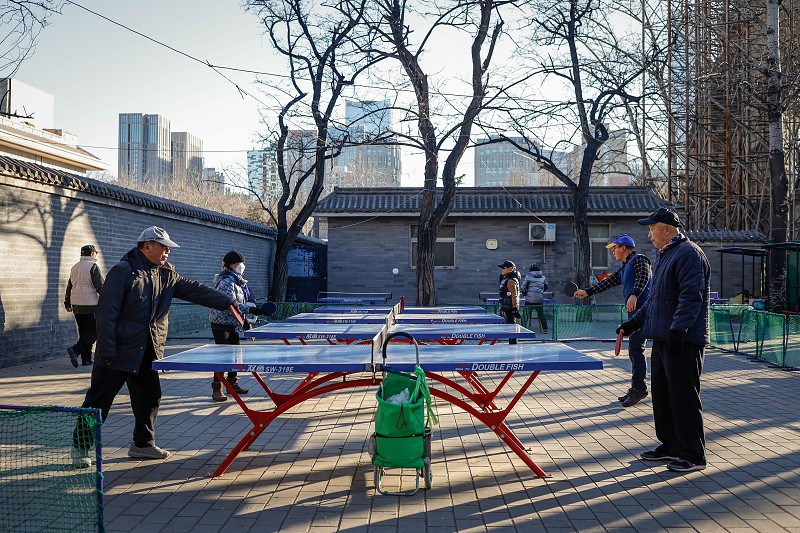The decision, approved during the third plenary session of the 20th Central Committee of the Communist Party of China (CPC), held from July 15 to 18, aims to alleviate the “structural unemployment” in a rapidly aging country. In 2023, it is estimated that there will be about 400 million people over the age of 60 in China, representing more than 30 percent of the population. UN estimates predict that by the middle of this century, 31 percent of Chinese will be 65 years or older. By 2100, this percentage will be 46 percent, nearing half of the population.
The CPC included “voluntariness” and “flexibility” as basic principles for increasing the retirement age for the “first time,” which will “actively address” the aging population and promote the development of the pension and elderly care industries, according to experts cited by the Global Times. The measure opens the door for those who wish to continue working after reaching the legal retirement age, noted the official newspaper of the Communist Party.
“After the third plenary session, China will work to establish a legal retirement age based on the national life expectancy and macroeconomic data,” said Yang Yansui, professor of Social Security at Tsinghua University, quoted by the Global Times. A gradual and flexible retirement system “helps the workforce transition from jobs in the digital economy to caregiving roles”: some older professionals, who are still eager to work, could move to elderly care jobs, for example, he stated.
“This has multiple advantages for transforming the labor market and combating structural unemployment,” added Yang, referring to China’s unemployment rate, which stands at 5 percent of the active population. The legal retirement age in China is relatively low, with women retiring between 50 and 55 years old and men at 60, which has generated widespread social debate in recent years due to increased life expectancy (currently 78.2 years) and the consequent aging of the population.
For this reason, the CPC Central Committee—the party’s policy-making body and, by extension, the country’s—emphasized in its third plenary session that it would improve the development mechanisms of elderly care programs and industries to actively respond to these challenges.
*With Lusa



